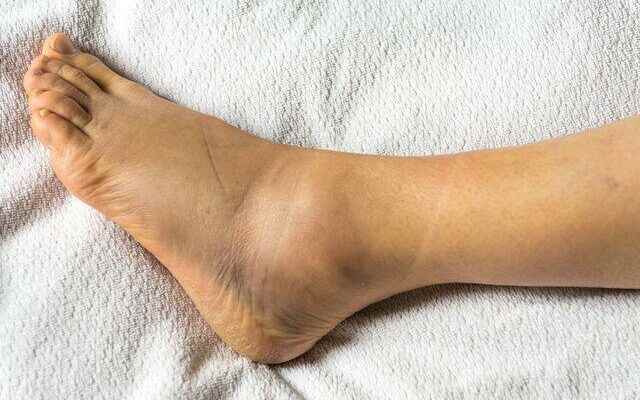Almost 20 million people die each year due to heart disease. For this reason, it is necessary to be conscious in order to prevent heart diseases and to treat them early. It can develop due to many reasons such as heart diseases, smoking, unhealthy diet, sedentary life, obesity, high blood pressure and cholesterol. Apart from chest pain and tightness, heart diseases have many unknown but risky symptoms. By paying attention to these symptoms, it is possible to intervene in heart disease early.
EDEMA
When there is water retention in the feet and legs, it is medically called peripheral edema. A person experiencing this condition may encounter sock scars frequently. If there are prominent lines on your ankles when you take off your socks, this may be due to mild peripheral edema or due to serious heart problems. Health experts warn that edema can be a sign of heart failure because when the heart isn’t pumping properly, fluid inside blood vessels tends to leak into surrounding tissues. It’s important to note that most people with peripheral edema do not have heart disease, but it can be an important indicator of potential heart problems and other signs of heart failure. “Persistent problems with edema can be a sign that your heart is not working properly,” said Advanced Cardiovascular Specialists.
SYMPTOMS OF HEART FAILURE

- A persistent cough that may be worse at night
- Grunt
- a bloated stomach
- Loss of appetite
- Weight gain or weight loss
- Confusion, confusion
- a fast heart rate
- pounding, palpitations, or irregular heartbeat (palpitations)
WHAT TO DO TO REDUCE THE RISK OF HEART FAILURE?

Regular physical activity and maintaining a healthy body weight are key factors in preventing heart failure. Not smoking, consuming fruits and vegetables, and reducing alcohol intake also reduce the risk of heart failure.
